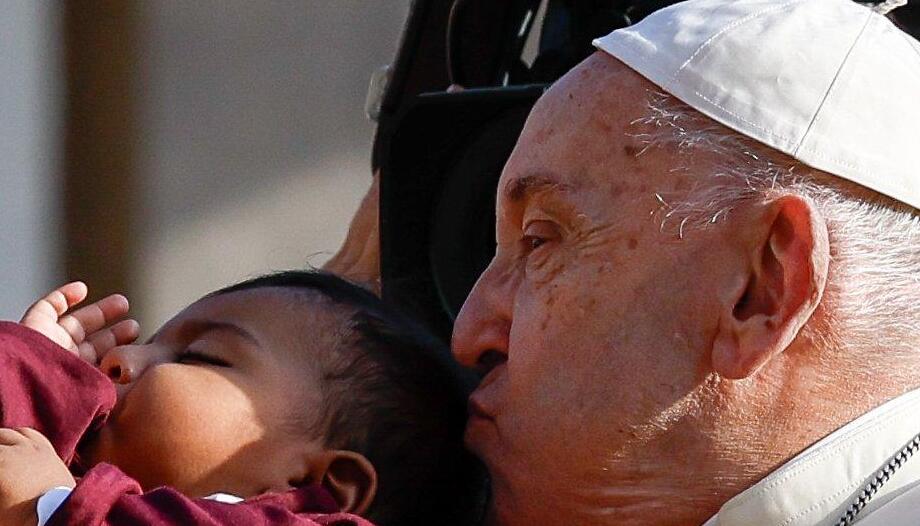This Sunday morning, September 1, the Holy Father visited the Basilica of St. Mary Major and paused in prayer before the icon of Our Lady Salus Populi Romani, entrusting to her his next visit. apostolic journey to Indonesia, Papua New Guinea, East Timor and Singapore, which will last from Monday, September 2 to 13, the longest of the pontificate.
After his return to the Vatican, he prayed the Angelus with the Romans and pilgrims in St. Peter's Square, and asked for prayers for him and for the fruits of his trip, which begins in Indonesia. In this country, with a Muslim majority, Catholics in Indonesia have prepared with great enthusiasm for this visit, as the Indonesian priest told Omnes Kenny Angwho now lives at the Altomonte Priestly College (Rome) and who completed his studies thanks to a scholarship of the CARF Foundation.
Beatification in Slovakia
In addition, the Holy Father informed of the beatification, yesterday in Slovakia, of Ján HavlikHe also expressed his closeness to the victims and relatives of the dozens of victims of a terrorist attack in Burkina Faso, and asked for prayers for them; and he recalled the World Day of the Blessed, the World Day of the Mission, which was celebrated in 1965, when the regime persecuted the Church in the then Czechoslovakia. Prayer CareHe encouraged to show "commitment" for "our common home". "Decisive and non-extendable action is needed," he noted.
As usual, but with particular insistence, the Pontiff has shown his closeness to the tormented people of Ukraine, in particular due to the attacks on energy facilities, which have left many people without electricity.
The Pope showed his intense concern for the conflict in Palestine and Israel and appealed for negotiations to continue and for the violence to cease with an immediate cease-fire, so that the people of Gaza, where so many diseases are also spreading, including polio, can be helped. "Let there be peace in the Holy Land, let there be peace in Jerusalem. May the Holy City be a meeting place where Christians, Jews and Muslims feel respected and welcomed, and may no one question the status quo in their respective Holy Places."
Purity, inner attitude
Before praying the Angelus, the Pope commented on the Gospel of St. Mark in which Jesus "speaks of the pure and the impure: a theme very dear to his contemporaries, which was related above all to the observance of rites and norms of behavior, to avoid any contact with things or persons considered impure and, if this occurred, to erase the 'stain'".
The Pope pointed out that purity is "not linked to external rites, but above all to interior attitudes. To be pure, therefore, it is useless to wash one's hands several times, if one then harbors bad feelings such as greed, envy and pride, or bad intentions such as deceit, theft, treachery and slander (cf. Mk 7:21-22). This is ritualism, which does not lead to growth in goodness; on the contrary, it can sometimes lead to neglect, or even to justifying, in oneself and in others, choices and attitudes contrary to charity, which wound the soul and close the heart."
"And this is also important for us: we cannot, for example, leave Holy Mass and, already in the atrium of the church, stop with evil and merciless gossip about everything and everyone. Or to show oneself pious in prayer, but then at home to treat one's own family members with coldness and detachment, or to neglect elderly parents who need help and companionship (cf. Mk 7:10-13). Or being apparently very fair with everyone, perhaps even doing a little volunteering and some philanthropic gestures, but then inside cultivating hatred for others, despising the poor and the least, or behaving dishonestly in one's work".
The Pope asked if we live our "faith with coherence", and asked that "Mary, Mother most pure, help us to make our life, in sincere and practiced love, a worship pleasing to God".







